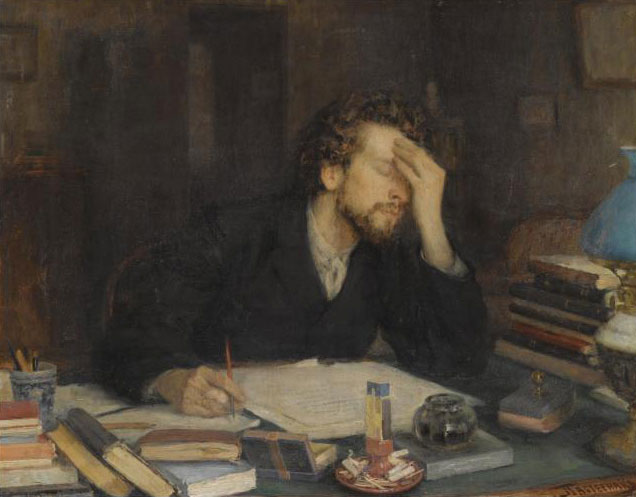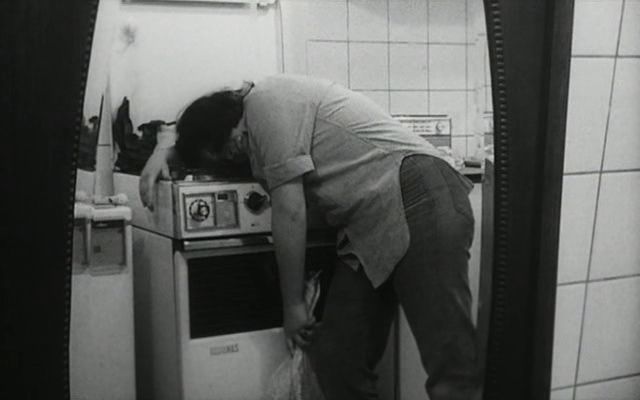
Presence, or Polaroid Ghosts (Part 9)
Part 8 Souvenirs The past is dangerously addictive. Nostalgia, especially second-hand nostalgia such as mine, often threatens to become an endless placebo in place of living. How alluring the past seems when we convince ourselves of having experienced it for a brief moment through culture and art. The ghost story writer M.R. James lived with this addiction to the past more than most. James famously … Continue reading Presence, or Polaroid Ghosts (Part 9)









